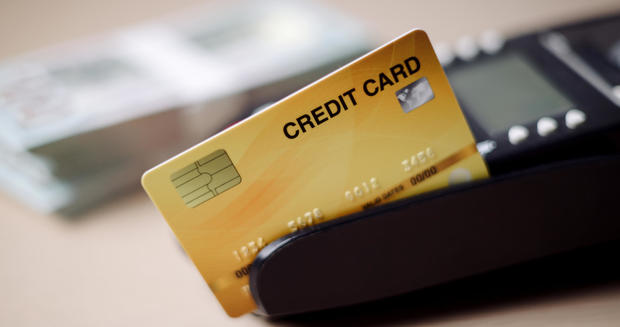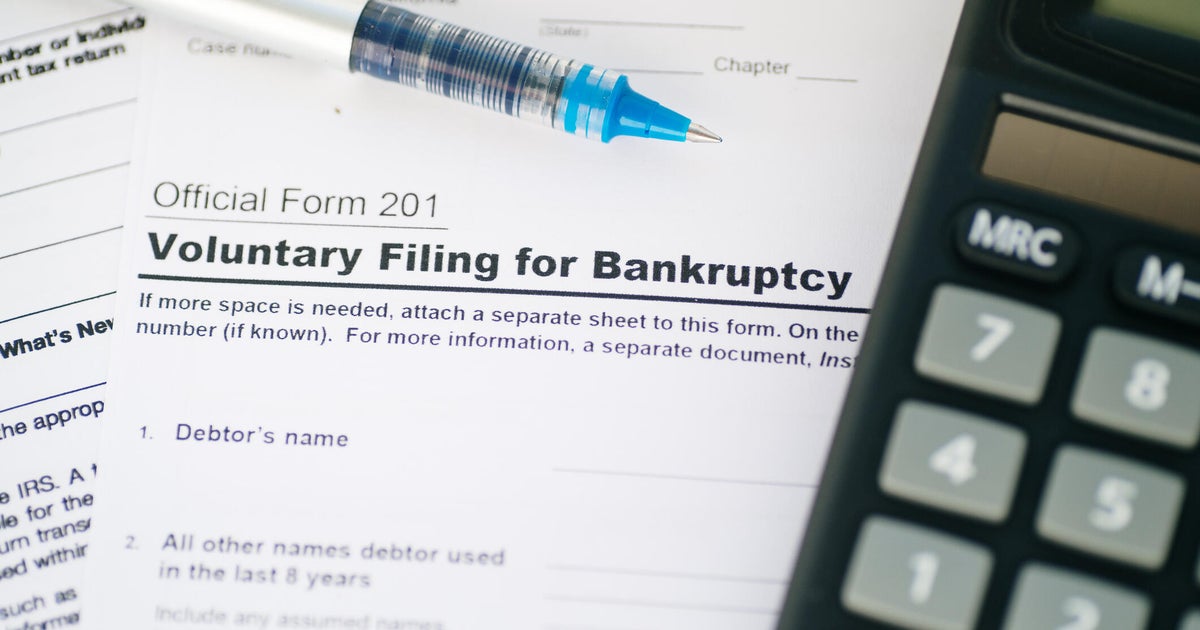4 reasons to enroll in a credit card debt consolidation program this fall
The cost of carrying credit card debt has reached unprecedented levels — and it's having a significant impact on the tens of millions of cardholders who carry balances from month to month. One contributing factor is that credit card rates are sitting at nearly 23% on average, a record high. Rates that high, especially when coupled with the compounding nature of credit card interest, can quickly transform a manageable balance into a serious financial issue.
The current economic landscape has further exacerbated the issue. As inflation drives up the cost of everyday essentials, many people have become increasingly reliant on credit cards to bridge the gap between their income and their basic expenses. This increased reliance on plastic, combined with today's sky-high interest rates, has created a precarious financial situation and has helped push credit card debt to a total of $1.14 trillion nationwide.
If you're one of the many grappling with credit card debt, it's important to find a solution before the situation spirals out of control. While various debt relief options exist, one potentially effective solution is a credit card debt consolidation program, which functions similarly to traditional debt consolidation. The big difference is that you don't borrow directly from a bank. Rather, you work with a debt relief company's third-party lenders to consolidate your credit card debt into a single, more manageable loan. Enrolling in this type of program could be a wise move, especially right now.
Explore your top debt consolidation options here.
4 reasons to enroll in a credit card debt consolidation program this fall
Here are a few big reasons to consider enrolling in a credit card debt consolidation program this fall:
More lenient qualification criteria
Unlike traditional debt consolidation loans, which often require you to have a good (or better) credit score, debt consolidation programs may be more accommodating to those with less-than-perfect credit histories. While you'll still need to meet a minimum credit score threshold to qualify, it's not typically as high as what's required by a bank or credit union. After all, the third-party lenders that debt relief companies work with are accustomed to working with borrowers who are dealing with high debt-to-income (DTI) ratios or other minor credit issues.
This increased flexibility can be critical for those who find themselves caught in a debt cycle but don't qualify for conventional consolidation options due to their credit situation. So if you've been turned down for other debt consolidation solutions in the past, a debt consolidation program could provide the fresh start you need to tackle your credit card debt effectively this fall.
Need help with your credit card debt? See what the right debt relief experts can offer you now.
Potential for significant interest savings
While the interest rates offered through debt consolidation programs may be a bit higher than those of traditional debt consolidation loans, they're still likely to be substantially lower than the rates on your credit cards. With the average credit card interest rate at an all-time high, even a moderate reduction in your interest rate could translate to significant savings over time.
These savings can be particularly impactful in the current economic climate, where every dollar in your budget counts. By lowering your interest rate, even by a few points, you may be able to allocate more of your monthly payment toward reducing the principal balance on your cards, potentially shortening your path to debt freedom.
Minimal impact on your credit scores
One of the most attractive features of credit card debt consolidation programs is their relatively benign impact on your credit score. Unlike more drastic debt relief options such as debt settlement or bankruptcy, which can damage your credit and stay on your credit reports for years, a debt consolidation program typically has a minimal negative effect on your credit.
As you make consistent payments through the program and your credit card balances decrease, you may even see a gradual improvement in your credit score over time. This preservation of your credit health can be crucial for your long-term financial well-being, maintaining your ability to access credit for major purchases or emergencies in the future.
Protection against future rate increases
The Federal Reserve is expected to slash its benchmark rate at its meeting later this month, and with the economic shifts we're experiencing, analysts now expect there could be more rate cuts on the horizon for later this year or into 2025. While this may have an impact on other types of loans, it's important to remember that credit card interest rates are unlikely to see significant decreases anytime soon.
That's because credit card companies typically lag behind Fed rate changes when it comes to lowering rates, and they often find ways to keep rates elevated even in a falling rate environment. By enrolling in a debt consolidation program now, though, you can lock in a fixed interest rate for the duration of your repayment term. This protects you from any future credit card rate hikes and provides a stable, predictable repayment schedule.
The bottom line
If you're dealing with high-rate card debt, this is an opportune time to take control of your credit card debt through a debt consolidation program. With more lenient qualification criteria, potential interest savings, minimal credit score impact, protection against rising rates and a structured repayment approach, these programs offer a comprehensive solution to the challenges posed by high-interest credit card debt. And by taking action now, you can set yourself on a path toward financial stability.




